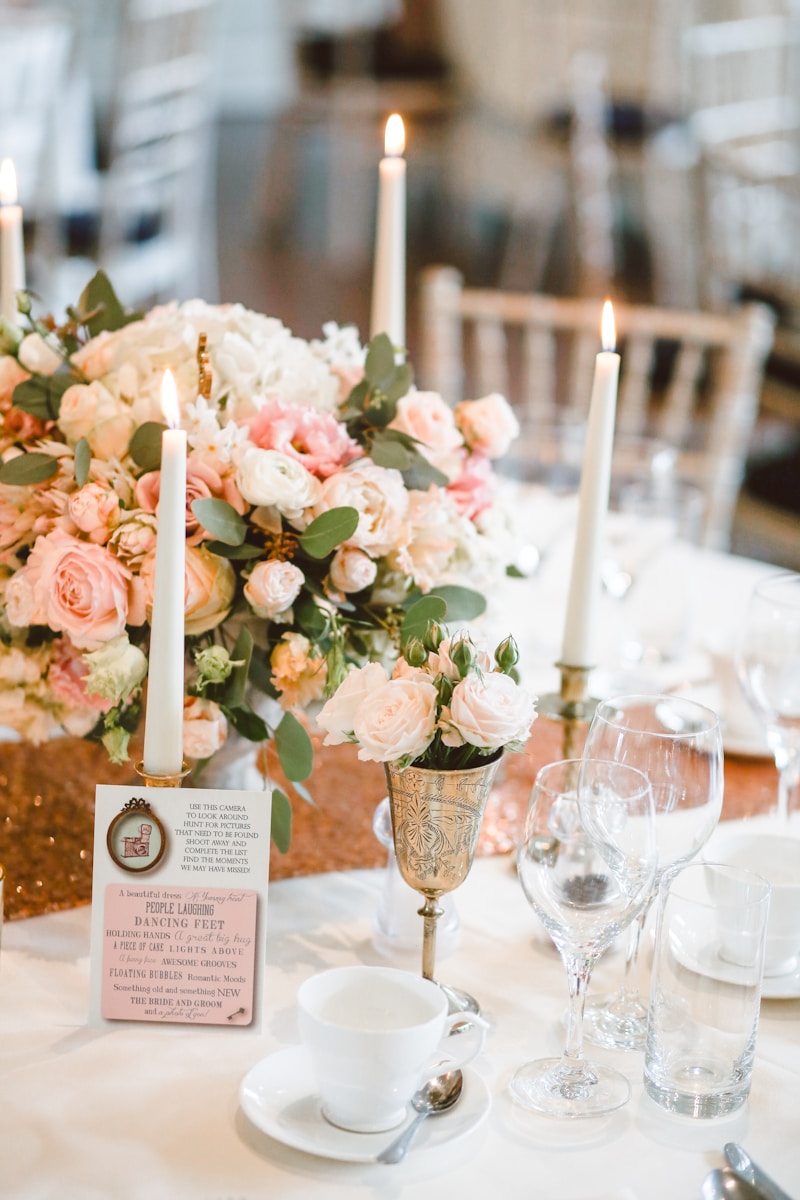Understanding Alteration Costs for Wedding Dresses: A Complete Guide
Understanding Alteration Costs for Wedding dresses
Your wedding day is one of the most special days of your life, and finding the perfect wedding dress is a crucial part of that experience. However, once you've selected the ideal gown, understanding the alteration costs associated with it is essential. This article will delve into the various elements that influence alteration costs for Wedding dresses, helping you budget appropriately for your big day.
What Are Wedding Dress Alterations?
Wedding dress alterations typically involve modifications made to the gown to ensure a perfect fit. This may include adjusting the hemline, taking in or letting out seams, modifying the bodice, and making adjustments to sleeves or straps. Understanding the intricacies of these alterations can help you evaluate your budget effectively.
Factors Influencing Alteration Costs
Several factors can affect the cost of alterations for Wedding dresses. Here are some of the most significant:
| Factor | Description |
| Complexity of Alterations | The more complicated the alteration, the higher the cost. For example, taking in a bodice may be cheaper than custom designing sleeves. |
| Type of Fabric | Silk and intricate fabrics may require more expertise, leading to increased costs. |
| Location of Service | Alteration prices may vary depending on where you live. Major cities like New York or Los Angeles may have higher rates than smaller towns. |
| Experience of the Tailor | Highly experienced seamstresses may charge more, but the quality of work often justifies the expense. |
| Additional Services | Services such as cleaning, steaming, or preservation can also lead to higher costs. |
Typical Alteration Costs
As you consider your budget, it's helpful to have a general idea of what to expect when it comes to alteration costs. Here’s a breakdown:
- Hemline Adjustments: $100 to $300
- Taking in or letting out seams: $40 to $150
- Changing the bodice: $100 to $400
- Adding or removing sleeves: $50 to $250
- Custom alterations (extensive changes): $200 to $600+
Keep in mind that these prices are estimates and can fluctuate based on geographical location and the specifics of your gown.
Tips for Managing Alteration Costs
Keeping alteration costs manageable is essential for your wedding budget. Here are some valuable tips:
1. Start Early
The earlier you begin the alteration process, the more options you have. This allows for any adjustments that might need to be made along the way. It also reduces the urgency that can lead to rushed, and often more expensive, alterations.
2. Choose a Versatile Dress
If you have flexibility in your dress choice, consider selecting a style that requires minimal alterations. A-line dresses, for example, often require fewer adjustments than fitted styles.
3. Get Multiple Quotes
Don't settle for the first quote you receive. Visit multiple tailors to compare prices and reviews, ensuring you choose someone who is both qualified and within your budget.
4. Discuss Your Budget
Communicate openly with your tailor about what you can afford. They may be able to recommend which alterations are essential versus those that can be sacrificed or simplified.
5. Factor in Additional Costs
Always consider the potential for additional costs, such as cleaning and pressing the gown post-alterations. Taking this into account will help you avoid any surprise expenses.
Common Questions About Wedding Dress Alterations
Many brides have similar concerns regarding wedding dress alterations. Here are some frequently asked questions:
1. How long will alterations take?
Alterations typically take about 6 to 10 weeks, depending on the complexity of the changes and the tailor's workload. It's essential to plan accordingly.
2. Should I schedule fittings before purchasing my dress?
While it's not necessary, having a conversation with your tailor can help guide your dress shopping experience, ensuring you select a gown that can be easily altered.
3. What if I lose or gain weight before the wedding?
Communicate any changes to your tailor immediately. They are skilled at adjusting gowns closer to the wedding date, which can help account for any shifts in your body size.

Conclusion
Understanding alteration costs for Wedding dresses is crucial as you prepare for your big day. By considering the factors that influence these costs, gathering estimates, managing your budget effectively, and asking the right questions, you can navigate this essential part of the wedding planning process with confidence.
Ultimately, the quality of alterations can greatly impact how you feel in your gown on your special day. Investing in professional alterations that fit your budget will ensure you not only look beautiful but also feel comfortable and confident. Happy planning!